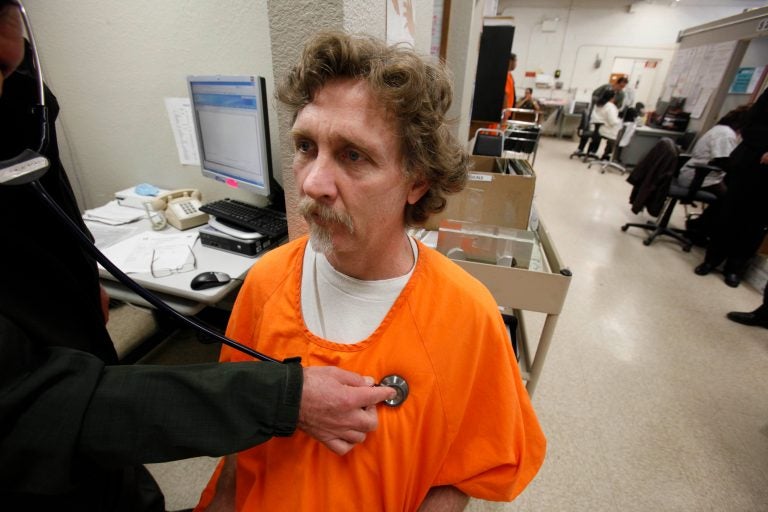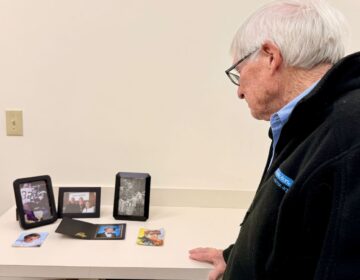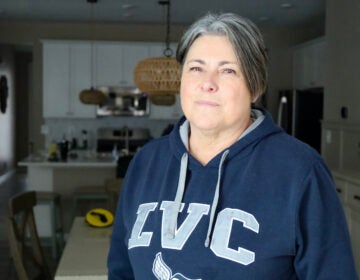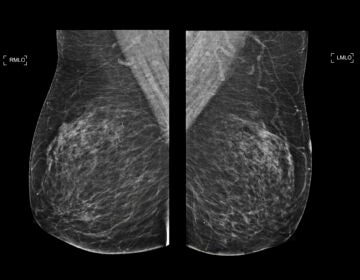Healthcare Behind Bars
Listen 51:00
Inmate Chad Gailey is examined at the medical unit of the Deuel Vocational Institution near Tracy, Calif. Prison officials announced Monday, April 23, 2012, a master plan to reduce prison spending and end federal oversight of vital prison functions like health care and mental health. (AP Photo/Rich Pedroncelli, File)
More than 2 million people in the U.S. are incarcerated — and tens of thousands have had COVID-19. The pandemic has brought more attention than ever to the barriers to healthcare in prisons and jails. But this has been a problem since long before COVID-19. Incarceration stamps lasting effects on people’s health, and sends ripple effects beyond the prison walls, into the lives and health of people living on the outside.
On this episode, we look at incarceration and its long-term impact on health. We hear the story of Adnan Khan, a formerly incarcerated advocate fighting for better conditions in American prisons; how the design of prisons affects human health; and what it’s like trying to provide mental health care in a setting that’s not really set up for that.
Also heard on this week’s episode:
- We talk with Stanley Richards about his personal experience being incarcerated, and why the very design of prisons creates an assault on people’s health. Stanley is executive vice president of the Fortune Society, a nonprofit that supports people’s successful transition from incarceration back into the outside world.
- As a psychiatrist, Elizabeth Ford wanted what was best for her patients — but working in the prison system often seemed at odds with providing treatment and care. She talks about her time as the chief of psychiatry for New York City’s Correctional Health Services, and how her obligation to her patients clashed with the limitations of the system.
- While incarcerated at California’s Solano State Prison, Gordon Melvin found the inspiration to take his health and well-being into his own hands. His motivation came from a yoga program on PBS. It transformed his body, mind, and life. This story is from the KALW series “Uncuffed.”
Segments from this episode
WHYY is your source for fact-based, in-depth journalism and information. As a nonprofit organization, we rely on financial support from readers like you. Please give today.






